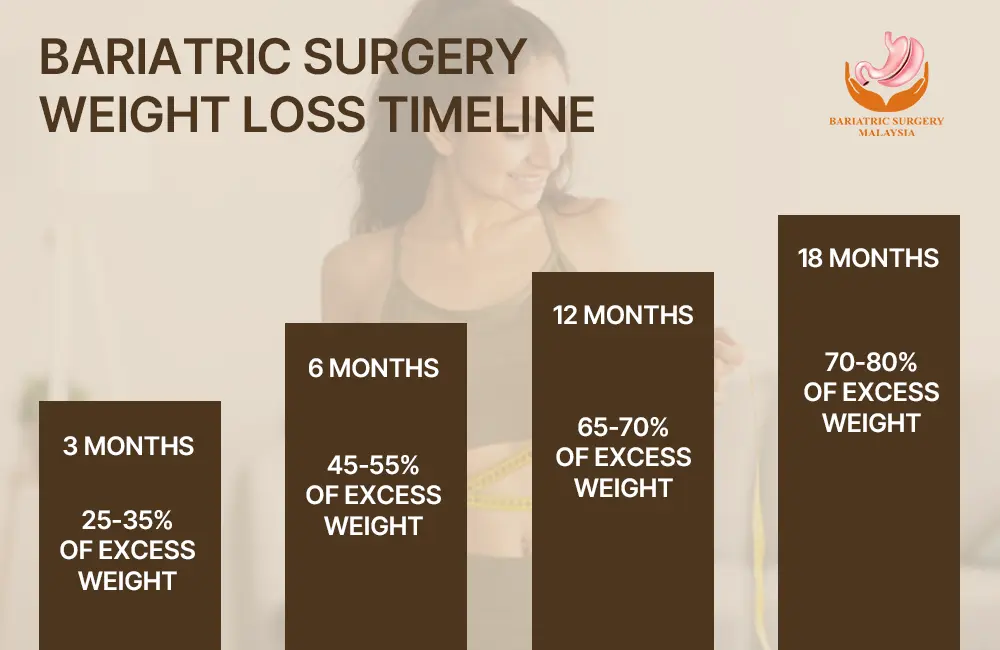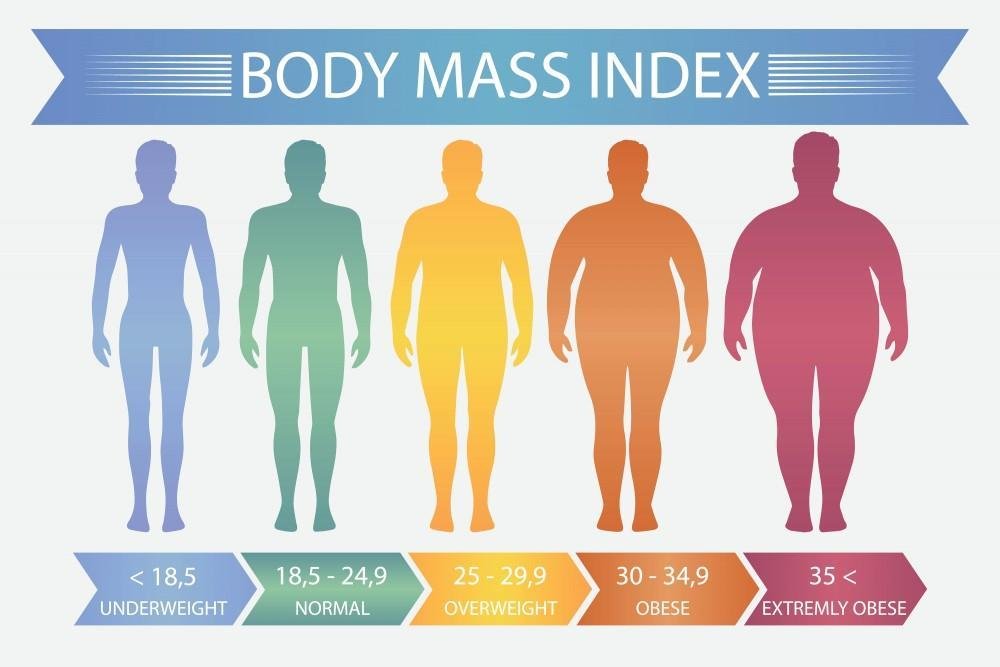Weight loss timeline after bariatric surgery? People are asking how fast they’ll see results—and the answer is, it starts quickly. Most patients lose 10–15% of their body weight within the first month, followed by a steady 1–2 kg per week over the next 6–12 months. By the one-year mark, many achieve 60–70% excess weight loss, with improved energy, mobility, and control of conditions like diabetes or hypertension. Results vary based on the procedure (gastric sleeve, bypass), diet, and follow-up.
How Bariatric Surgery Helps with Weight Loss
Bariatric surgery, such as gastric sleeve or gastric bypass, is a proven medical solution for patients struggling with obesity. These procedures reduce the size of the stomach and sometimes alter digestion, helping you feel full faster and absorb fewer calories.
Unlike diets, bariatric surgery addresses long-term weight management. It helps break the cycle of weight gain by regulating hunger hormones and enabling sustained calorie control.
Typical Weight Loss Timeline After Bariatric Surgery

Each patient’s journey is unique, but here is a general month-by-month breakdown:
Month 1:
Most patients lose 8–15% of their excess weight
You’ll be on a liquid and soft food diet
Rapid weight loss due to low caloric intake and metabolic shift
Month 2–3:
Continued steady weight loss
Average total loss by month 3: 25–30% of excess weight
Energy levels improve as you reintroduce more solid food
Month 4–6:
Weight loss continues, though it may slow slightly
You may notice improvements in conditions like sleep apnea, joint pain, and diabetes
By month 6, many patients lose up to 50–60% of excess weight
Month 7–12:
Weight loss becomes more gradual
This is when lifestyle and habit changes truly matter
By 12 months, 60–70% of excess weight is commonly lost
1 Year and Beyond:
Weight loss plateaus, but body composition improves
With proper diet, exercise, and follow-up, patients may lose up to 80% of excess weight by 18–24 months
Factors That Affect Your Weight Loss Rate

Not everyone loses weight at the same pace. These factors can influence your results:
Type of bariatric procedure performed (e.g. sleeve vs bypass)
Starting BMI and health condition
Adherence to post-op dietary guidelines
Physical activity and muscle mass
Hormonal imbalances or metabolic conditions
Your bariatric surgeon and dietitian will monitor your progress and adjust your plan as needed.
How to Maximize Your Weight Loss After Surgery
Bariatric surgery is a tool—not a cure. To get the best results:
Follow your post-op meal plan strictly
Drink enough water, avoid sugary drinks
Take your supplements consistently
Incorporate daily low-impact exercise (e.g., walking, light weights)
Join support groups or attend post-op Zoom consultations
Small, consistent habits lead to lasting success.
What Happens If Weight Loss Plateaus?
It’s common to experience plateaus, especially around months 3, 6, and 12. Plateaus don’t mean failure. Your body is adjusting.
Tips to overcome a plateau:
Track your meals and portion sizes
Increase protein intake
Add variety to your workouts
Reassess lifestyle stress, sleep, and hydration
Speak to your bariatric team for support
Your journey isn’t about speed—it’s about sustainability.
Real Patient Results from Bariatric Surgery
Many patients report life-changing results within the first year:
20–40 kg lost within 6–12 months
Reduced medication for diabetes or hypertension
Improved self-confidence and energy
Better mobility and sleep
Documenting your progress with photos and journaling can keep you motivated during slow weeks.
FAQs About Bariatric Surgery Weight Loss
1. How soon will I start losing weight after bariatric surgery?
Most patients begin losing weight within the first week, with rapid loss in the first 1–3 months.
2. Is it possible to regain weight after surgery?
Yes, but it’s preventable. Weight regain usually happens when patients return to poor eating habits or skip follow-up care.
3. Can I reach my goal weight with surgery alone?
Surgery is a tool. You still need to follow diet and exercise plans to achieve and maintain your ideal weight.
4. What if my weight loss is slower than expected?
Every body is different. Focus on non-scale victories like inch loss, better energy, and improved health markers. Stay consistent.
5. How much weight will I lose in total?
On average, patients lose 60–80% of their excess weight within 12–24 months. Results vary based on procedure and lifestyle.

